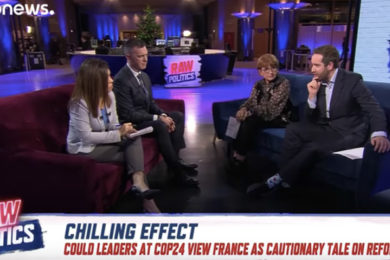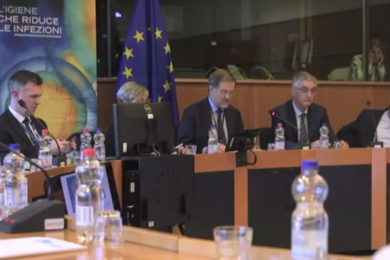Does the ePrivacy Regulation set a high standard for the confidentiality of electronic communications, or is it a far-reaching expansion of government surveillance authority?
While the ePR is intended to protect the confidentiality of calls, emails, texts and chats, the ePR’s article 11 provides a public interest exception (the “wiretap provisions”) that allows member states to pass laws giving government investigators access to these communications.
EURACTIV and Microsoft organised a lively debate to discuss how to connect the dots of ePrivacy Regulation, government surveillance, encryption and e-Evidence.
Questions included:
How aligned is the ePR with other recent measures that touch on government access to communications data, such as the European Electronic Communications Code, new national surveillance laws and the e-Evidence package?
When should intercept obligations apply to new technologies such as apps, smart speakers and game consoles?
What are the lessons learned from recent ECJ decisions on surveillance
Are rules related to communications encryption necessary?
Click here to watch the full conference.
>> Click here for more information about the event.
>> Click here to check out our upcoming events.





